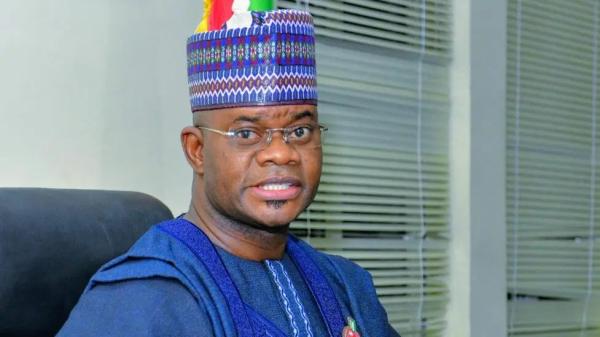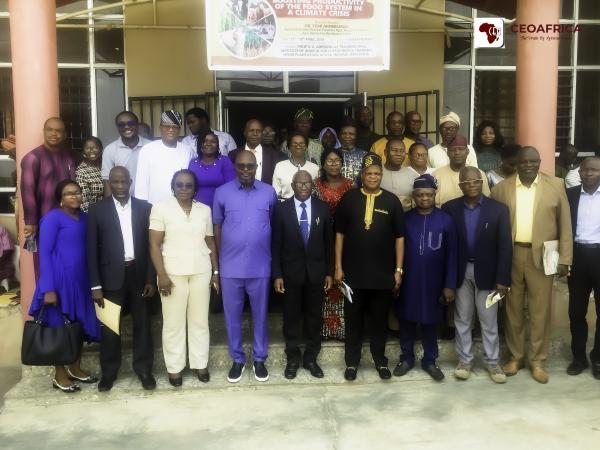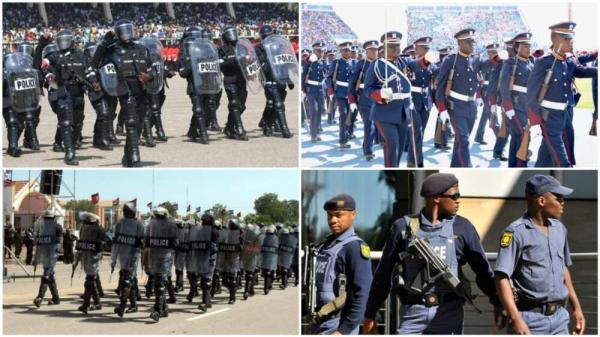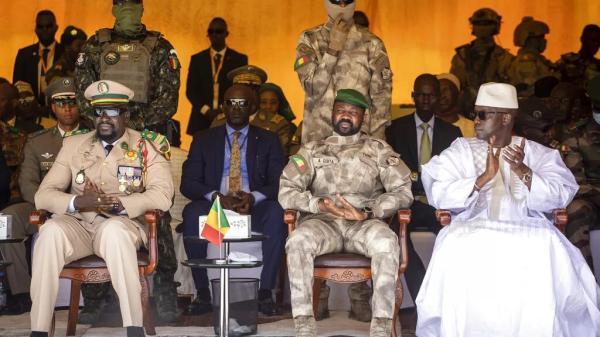
AS uncertainty continues to swirl around the fate of President Robert Mugabe, several scenarios have come up as the world’s oldest leader attempts to cling to power amid military intervention.
This comes after the military stepped in on Tuesday evening, rendering Mugabe a sitting duck. Political analysts and commentators this week said the military action had complicated the political situation in Zimbabwe.
They said the future of the country could pan out into four scenarios: Army demands reinstatement of Vice-President Emmerson Mnangagwa which would effectively discount current Vice-President Phelekezela Mphoko; Mugabe resigns to pave way for a transitional government or coalition of Zanu PF and opposition parties; the setting up of a national transitional authority and the last option could be martial law.
Mnangagwa was sacked last week on Monday, resulting in the rising of political temperatures.
While tranquillity has continued ever since the military stepped in on Tuesday evening and Wednesday morning following a breakdown of relations between Mugabe and his erstwhile allies, analysts said a solution is needed going forward.
Regional block Sadc is currently pushing for a national transitional government which will lead to fresh elections without 93-year-old Mugabe.
Last year in August, political scientist Ibbo Mandaza said Zimbabwe is a country in crisis, bereft of any capacity to reform — neither politically nor economically.
He argued that a national transitional authority could help mend democratic bridges which are crucial for a free, fair and credible election.
The NTA will need expert inputs towards its design and the ensuing legal instrument will then be submitted to parliament as a Bill that can be passed by a simple majority. The constitution will remain in place and already offers the framework necessary for an NTA to carry out its work of reform and lead the country to genuine elections.
“A primary purpose for the NTA is to heal the nation and embark on a limited political and economic reform agenda.
The NTA cannot solve all the problems that afflict the country, but will provide the necessary first steps to move the country to international legitimacy and deeper democracy. The debate has already begun,” Mandaza wrote.
The downside of his arrangement, he argued, was that some sceptics would dismiss the legitimacy of the arrangement given that the authority or those appointed to lead the authority will not be democratically elected and may also face resistance from the army.
According to Mandaza, non-political actors such as members of the clergy are better placed to run a national transitional authority.
Political analyst and university of Kent law lecturer Alex Magaisa said the end could be nigh for Mugabe, adding that his former deputy Mnangagwa could bounce back into government. Mnangagwa is widely backed and trusted by the military after he spent more than five decades as Mugabe’s wingman. Already Mnangagwa has issued a statement saying after fleeing the country he would return to lead Zanu PF and government. But the elevation of Mnangagwa could be ultra vires the constitution given that he was fired from both Zanu PF and government.
“In the immediate term, it will be a glorious return for Mnangagwa after what seemed to be an ignominious exit.
After what seemed to be the end of a long career, he is now on course to fulfil his destiny and lead Zimbabwe,” Magaisa wrote on his blog on Wednesday.
Turning to the third option of a coalition government, analysts say the last inclusive government whose term ended in 2013 should serve as reminder that power-sharing could result in discord within government thereby affecting state business.
In 2008, Mugabe entered into a coalition with the Morgan Tsvangirai-led MDC and the Welshman Ncube-fronted MDC. While the country restored political stability after a widely condemned 2008 election, day-to-day running of government business was marred by bickering and attrition among the parties.
Other analysts contend that should all options fail to consummate, the army could effectively stage a coup and put Zimbabwe under martial law. This option, analysts say, could escalate the situation and worsen the economic crisis which the army was committed to address.
They also argue that regional blocs like Sadc and the African Union which this week spoke strongly against undemocratic usurping of power could move in and block the involvement of the military in government business.
Source: The Independent






















